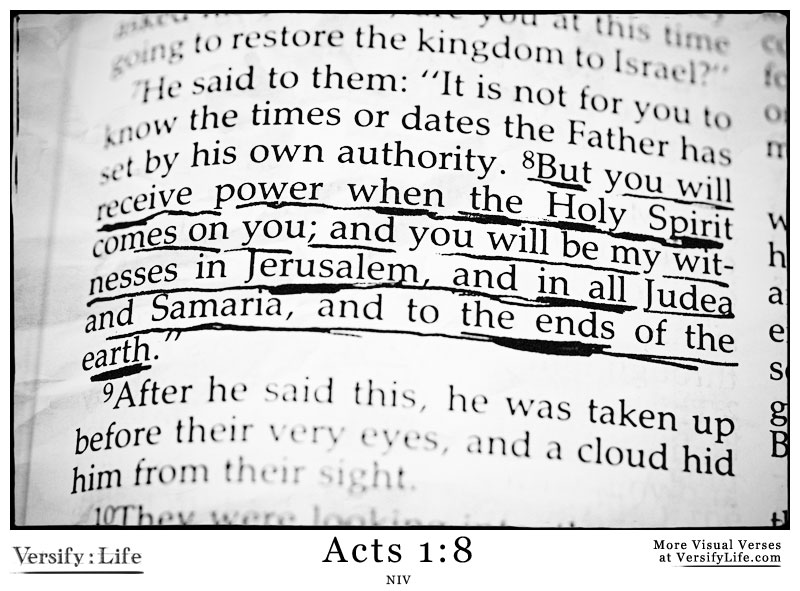Good Friday is part of THE most important weekend in the Christian calendar. It’s the day we REMEMBER the death and crucifixion of Jesus. To help make this day a more meaningful I pulled together 12 scriptures to meditate on. Consider taking one to read and meditate on per hour. Or come up with your own way to use these Good Friday meditation scriptures.
Why is Good Friday Called Good?
What makes something good, good? There must be a STANDARD of goodness.
GOD is the standard of good. Anything “good” is in reference to God.
The Hebrew word tov means GOOD. This is one of the essential characteristics of God. Goodness is actually the CENTER of who God is. It’s not like the goodness of ice-cream or football or even a good kiss. God’s goodness has to do with His holiness, His perfect sinless moral rectitude.
God’s goodness is first revealed to Moses in Exodus 33
Then Moses said, “Now show me your glory.”
19 And the Lord said, “I will cause all my goodness to pass in front of you, and I will proclaim my name, the Lord, in your presence. I will have mercy on whom I will have mercy, and I will have compassion on whom I will have compassion.
Throughout the rest of the Old Testament God is called good, or holy. He is perfect in every way, especially in His inability to sin or be wrong.
The goodness of God is nowhere more powerfully illustrated than through the spotless Son of God, Jesus, taking the sin of the world in His body.
Good Friday is good because God is GOOD. With that in mind, let’s take some time today to consider the following Scriptures.
Good Friday Scripture Meditations
The biblical account of Jesus’ death on the cross, his burial and his resurrection, can be found in the following passages of Scripture: Matthew 27:27-28:8; Mark 15:16-16:19; Luke 23:26-24:35; and John 19:16-20:30.
The following list of scriptures is in order of their occurrence in the Bible.
1. Isaiah 53:1-12
Who has believed our message
and to whom has the arm of the Lord been revealed?
2 He grew up before him like a tender shoot,
and like a root out of dry ground.
He had no beauty or majesty to attract us to him,
nothing in his appearance that we should desire him.
3 He was despised and rejected by mankind,
a man of suffering, and familiar with pain.
Like one from whom people hide their faces
he was despised, and we held him in low esteem.
4 Surely he took up our pain
and bore our suffering,
yet we considered him punished by God,
stricken by him, and afflicted.
5 But he was pierced for our transgressions,
he was crushed for our iniquities;
the punishment that brought us peace was on him,
and by his wounds we are healed.
6 We all, like sheep, have gone astray,
each of us has turned to our own way;
and the Lord has laid on him
the iniquity of us all.
7 He was oppressed and afflicted,
yet he did not open his mouth;
he was led like a lamb to the slaughter,
and as a sheep before its shearers is silent,
so he did not open his mouth.
8 By oppression and judgment he was taken away.
Yet who of his generation protested?
For he was cut off from the land of the living;
for the transgression of my people he was punished.
9 He was assigned a grave with the wicked,
and with the rich in his death,
though he had done no violence,
nor was any deceit in his mouth.
10 Yet it was the Lord’s will to crush him and cause him to suffer,
and though the Lord makes his life an offering for sin,
he will see his offspring and prolong his days,
and the will of the Lord will prosper in his hand.
11 After he has suffered,
he will see the light of life and be satisfied;
by his knowledge my righteous servant will justify many,
and he will bear their iniquities.
12 Therefore I will give him a portion among the great,
and he will divide the spoils with the strong,
because he poured out his life unto death,
and was numbered with the transgressors.
For he bore the sin of many,
and made intercession for the transgressors.
2. Matthew 27:46
About three in the afternoon Jesus cried out in a loud voice, “Eli, Eli, lema sabachthani?” (which means “My God, my God, why have you forsaken me?”).
3. John 3:16
For God so loved the world that he gave his one and only Son, that whoever believes in him shall not perish but have eternal life.
4. John 11:25-26
Jesus said to her, “I am the resurrection and the life. The one who believes in me will live, even though they die; 26 and whoever lives by believing in me will never die. Do you believe this?”
5. Acts 1:3
After his suffering, he presented himself to them and gave many convincing proofs that he was alive. He appeared to them over a period of forty days and spoke about the kingdom of God.
6. Acts 2:23-24
This man [JESUS] was handed over to you by God’s deliberate plan and foreknowledge; and you, with the help of wicked men, put him to death by nailing him to the cross. 24 But God raised him from the dead, freeing him from the agony of death, because it was impossible for death to keep its hold on him.
7. Romans 5:8
But God demonstrates his own love for us in this: While we were still sinners, Christ died for us.
8. 1 Corinthians 1:18
For the message of the cross is foolishness to those who are perishing, but to us who are being saved it is the power of God.
9. 1 Corinthians 15:3-4
For what I received I passed on to you as of first importance: that Christ died for our sins according to the Scriptures, 4 that he was buried, that he was raised on the third day according to the Scriptures
10. 1 Peter 2:24 *these two verses in Peter are the clearest regarding the significance of Good Friday
“He himself bore our sins” in his body on the cross, so that we might die to sins and live for righteousness; “by his wounds you have been healed.”
11. 1 Peter 3:18
For Christ also suffered once for sins, the righteous for the unrighteous, to bring you to God. He was put to death in the body but made alive in the Spirit.
12. 1 John 3:16
This is how we know what love is: Jesus Christ laid down his life for us. And we ought to lay down our lives for our brothers and sisters.








